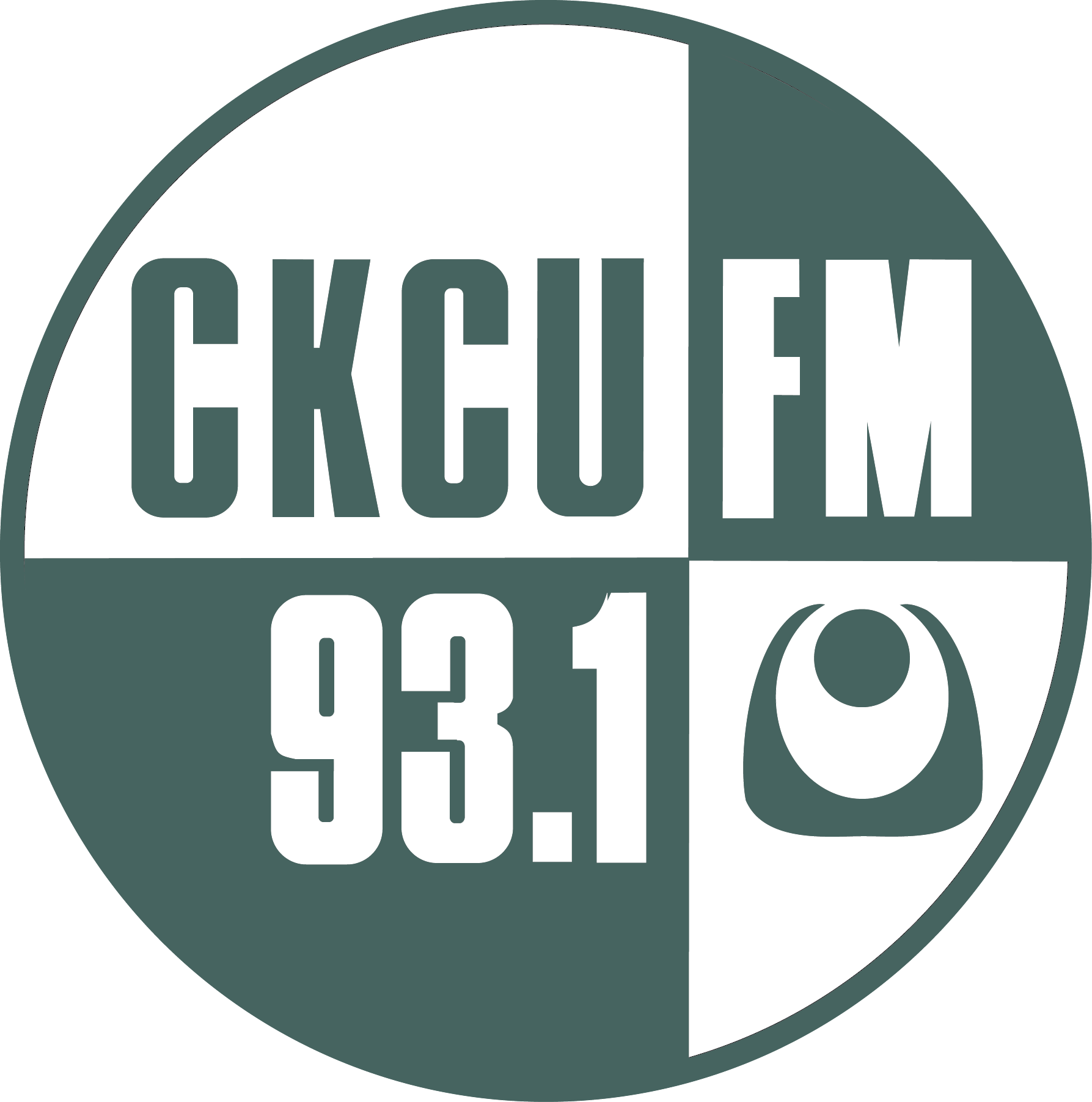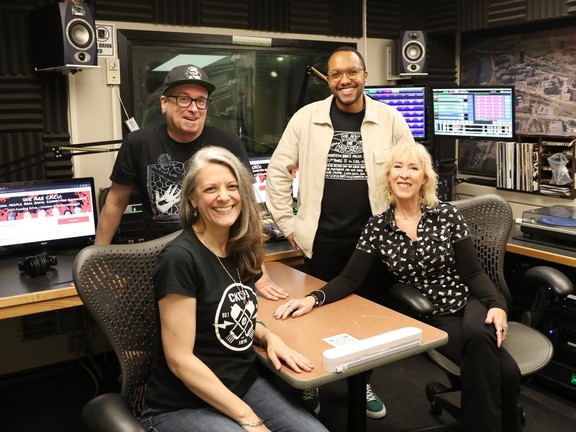Lynn Saxberg – Published Oct 30, 2023 / Photo by Jean Levac
Both CKCU at Carleton and CHUO at University of Ottawa have long histories in Ottawa.
CKCU-FM, the community radio station that broadcasts from the campus of Carleton University, kicked off its annual funding drive on Friday amid challenging conditions for college radio in Ottawa.
At the same time the station dubbed The Mighty 93 (for its 93.1 FM frequency) is redoubling efforts to fund-raise after three difficult years, the folks at CHUO-FM, the station broadcasting from the University of Ottawa at 89.1 FM, are scrambling to figure out options following a referendum in which students voted to defund the station. (More about that in a moment.)
Adding to both stations’ struggle is the social-media blackout on Canadian media outlets put in place by Meta to protest the federal government’s Online News Act, Bill C-18, which would require tech giants to pay for news links. To Meta, independent radio stations like CKCU and CHUO are considered media outlets.
“Bill C-18 has been detrimental to community radio across the country because Meta is blocking our ability to promote any of our independent content, whether programs or events, including our funding drive,” said Anne-Marie Brugger, a longtime Ottawa community-radio volunteer recently hired as CKCU’s interim executive director. She is filling in for Kwende Kefentse, who became the station’s first executive director in 2020 and is on parental leave until next spring.
“We have to come up with different ways of getting the word out on social media because we cannot use our Instagram or Facebook,” Brugger said. “Those accounts are pretty much paralyzed.”
CKCU has set a goal of raising $165,000 in this year’s drive, which runs until Nov. 12. Two-thirds of the station’s funding comes from a student levy, while the annual funding drive is designed to provide the rest. “Our funding drive is vital this year and the goal will be really important to accomplish,” Brugger said.
One of the problems for the station while trying to raise money during the pandemic was the fact hosts had to pre-record programs, which made it impossible to engage listeners on the spot, challenge them to donate and then immediately react with thanks when donations came in. As Brugger said, “Live radio is way more fun than recording your programs in advance.”
Her first move when she arrived at the station in September was to re-open the office on the fifth floor of Nideyinàn, formerly known as the Unicentre, and encourage staff and volunteers to return. “I’m in the office every day,” she said. “Staff are coming in and volunteers are coming back. Things are picking up.”
With folks back in the office, listeners can again dial and donate or make pledges online. There are daily prizes for donations of $75 or more. Several fund-raising events are also planned. …. read the full article here

